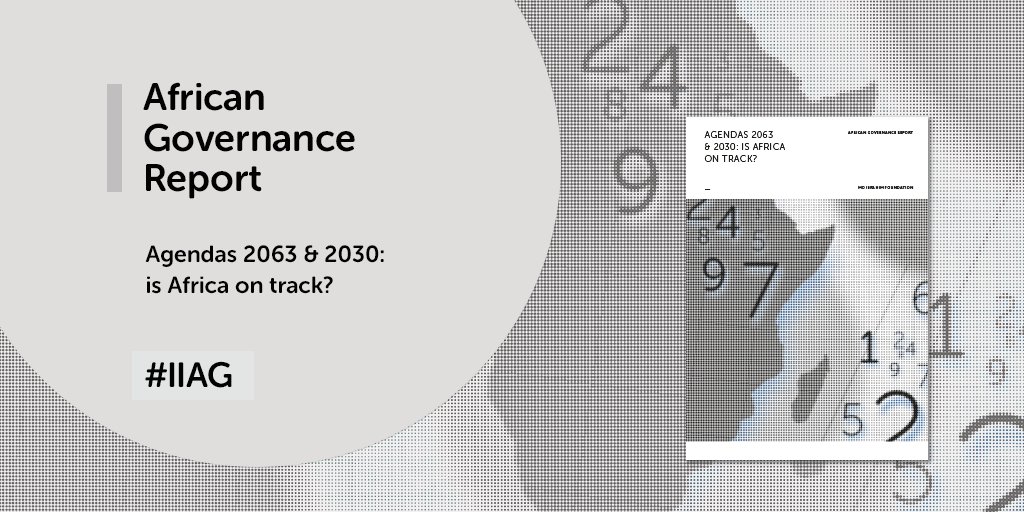Riyaz Patel
A sharp decline in the quality of education and training provided by African countries since 2014 has left many of the continent’s young people ill-prepared to enter the job market, an influential report said Tuesday.
The African Governance Report 2019, the most comprehensive survey of its kind on the continent, provides a framework for governments, institutions, civil society and the private sector to accurately assess the delivery of public goods and services, and policy outcomes, across the African continent.
The 2019 launch edition, which used data from the Ibrahim Index of African Governance (IIAG), found that enrolment and access to education was particularly low in the tertiary sector.
“This has resulted in the burgeoning youth population being faced with increasing struggles when entering the job market,” researchers at the Mo Ibrahim Foundation said.
Under 15s now made up the majority age group in Africa, the authors added, they added.

The index rates 54 African nations on criteria such as security, human rights, economic stability, just laws, free elections, corruption, infrastructure, poverty, health and education.

Mo Ibrahim, a Sudanese telecoms tycoon who launched the foundation, said it was down to Africans to confront the issue.
“When it comes to education, really we have a problem,” Ibrahim told Reuters. “When you look at the demographics, and you look at the economic growth, you see that we’re actually falling behind.”
Africa is expected to account for more than half of the world’s population growth between 2015 and 2050, according to United Nations data.
The continent’s population is projected to double by 2050, and could double again by 2100, the UN has said.
“If you manage to take care of your young people, that is a wealth. If you fail to do that, it is a burden, a threat”
Mo Ibrahim
The report said that while African governments had made some progress in improving infrastructure since 2014, on average, they were lagging well behind their targets.
“African governments have on average not managed to translate GDP growth into economic opportunities for citizens,” the study found, and “progress since 2014 runs behind the rapidly growing working age population.”
The African Governance Report 2019 further noted progress in health and nutrition, saying countries were making strong strides in combating communicable diseases and child and maternal mortality rates.

However, providing affordable quality healthcare for all was still far off and the rising spread of undernourishment was a major area of concern, it added.
Researchers also bemoaned the lack of key data across the continent, which impedes the ability of policymakers to monitor progress, saying vital population statistics had deteriorated significantly in recent years.
The report said just eight African countries had a birth registration system that covered 90% or more of the population over the last decade, and only three countries had a corresponding death registration system.
“Africa’s ‘data gap’ needs to be urgently addressed,” the study said.
“This will create an environment conducive to sustainable and equitable development, ensuring no one is left behind.”
